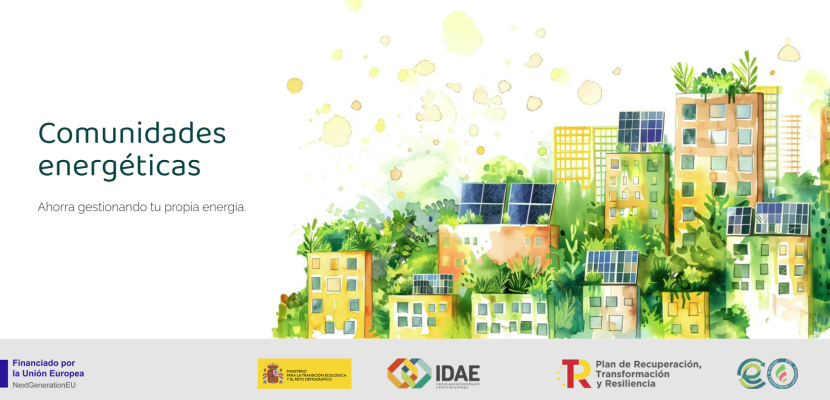
OTC Extremadura: Empowering Local Energy Communities in the Region

About this good practice
In Spain, especially in rural areas like Extremadura, developing energy communities (CE) faces challenges such as limited technical and legal knowledge in municipalities, low energy awareness, and a weak associative culture. To address these barriers, the Institute for the Diversification and Saving of Energy (IDAE) launched the CE-OFICINAS programme, co-funded by NextGenerationEU, to support creating Community Transformation Offices (OTCs). These offices act as physical and/or virtual one-stop shops offering legal, technical, social, and administrative support to citizens, SMEs, and local authorities to create and manage energy communities.
In Extremadura, the Consortium Extremadura Energy Agency (AGENEX) coordinates an OTC for municipalities with over 20,000 inhabitants, offering outreach, training, tailored assistance, governance design, public participation facilitation, and funding guidance. OTC Extremadura provides comprehensive technical, economic, legal, and administrative assistance promoting and developing local CE.
To ensure full territorial coverage, three more OTCs were established: two led by the provincial councils of Cáceres and Badajoz for smaller municipalities, and one run by the private company Grupo Emececuadrado, open to all interested actors.
Stakeholders include local governments, citizens, SMEs, NGOs, and regional bodies. Beneficiaries gain tools and support to launch and sustain energy projects, promoting a just and participatory energy transition.
Resources needed
CE-OFICINAS, co-funded by NextGenerationEU, has a €20M budget. The average per OTC is €200K (€80K–600K), with teams of 2–6 professionals, physical offices, outreach tools, legal support, and engineering services.
Extremadura OTC was granted €350K, with over €1.5M assigned to Extremadura’s OTCs.
Evidence of success
In Extremadura, 18 energy communities have been supported or legally constituted. Over 100 municipalities are actively engaged. More than 400 technical consultations and feasibility studies have been delivered.
The initiative has strengthened regional coordination and public-private-community collaboration. OTCs have also increased citizen awareness, improved municipal leadership on energy matters, and created replicable governance and legal models for new community energy projects.
Potential for learning or transfer
The OTC model is modular, scalable and especially effective in rural or low-density areas where institutional capacity is limited. Its success relies on stable public funding and strong multilevel governance involving EU, national, regional, and local authorities. The presence of multidisciplinary teams offering legal, technical and social expertise ensures tailored support for each community. Decentralised outreach and strong local engagement increase citizen trust and participation.
Moreover, integrating OTC activities within broader energy and climate plans enhances coherence and long-term impact. The model is highly transferable: regions in other countries can replicate the approach by setting up physical or virtual advisory hubs adapted to their governance structures. In Spain, methodologies, tools and legal frameworks developed by OTCs in Extremadura and other regions are already exchanged and adapted through the CE-OFICINAS network, supporting national learning and scaling-up.

